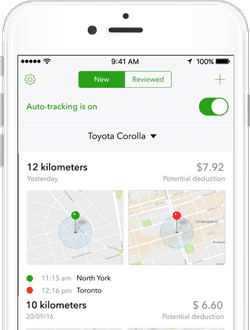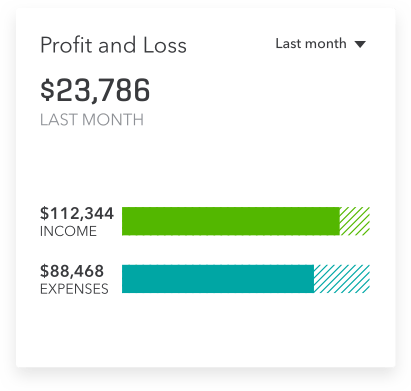If your company operates even a single vehicle for business purposes, or if you sometimes spend money winning sales and new contracts, it’s essential to keep really accurate records of your expenses to back up the deductions you plan to claim at the end of the year.
The Canada Revenue Agency (CRA) may not accept certain deductions if you’re not able to prove your claims. To make the most of your tax deductions, what proofs do you need and what can you claim?



